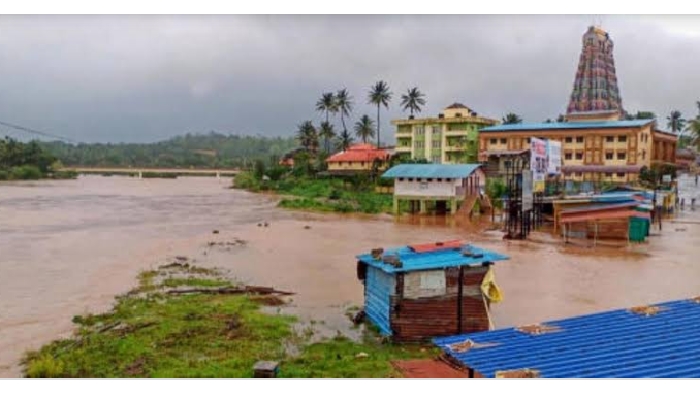Bengaluru, Feb 12: Hinting at the possibility of a consolidation of ex-Janata Parivar leaders, JD(S) supremo HD Deve Gowda said Tuesday his party was open to talk to any former Janata leaders, who are at present either in various factions of the Janata Dal or in Congress and BJP. The veteran leader also appreciated Arvind Kejriwal-led AAP's way of work.
At the party's National Executive Committee meeting held here, Gowda said that some ex-Janata Parivar leaders had reached out to him in this regard. His comments come at a time when JD(U) leader Mahima Patel recently rekindled the debate of a unified Janata Parivar.
However, Deve Gowda was clear that he was not interested in pursuing anyone who was happy with the party they were in. "It's a waste of time to pursue someone who has seen success within their party. I am not going to do that. I am willing to persuade only those who are not holding any office at present," he said. He added that he had already asked party leaders in Kerala to take the initiative and figure out ways to bring leaders together. As for other places, it would take him some time to reach out people, he added.
The party, which organised the National Executive Meet here on February 10 and 11, spoke of strategies to rejuvenate the party from the grassroots level. The party is also conducting a membership drive.
'Much to learn from AAP'
There is much to learn from Aam Aadmi Party, which registered a victory in Delhi elections on Tuesday, said Devegowda. "Kejriwal has showed that caste does not matter. There is lesson to be learnt from the work done by AAP," he said. Later in the day, Deve Gowda also wrote a letter to Arvind Kejriwal, congratulating him on his victory.
On the occasion, the party also came up with resolutions to urge the central government to release pending amount of GST it owed to state governments apart from focusing on development of labour, industries and agriculture; to demand the centre to rollback decision on CAA, NRC and NPR and to urge the centre to pass the women's reservation bill.
At the JD(S) National Executive Meet, even as news poured in about the victory of Aam Aadmi Party in Delhi elections, the JD(S) leaders celebrated Arvind Kejriwal's victory. Seeing it as an optimistic sign for regional parties across the country, the leaders distributed sweets to mark the hat trick win of Kejriwal.






Comments
Add new comment